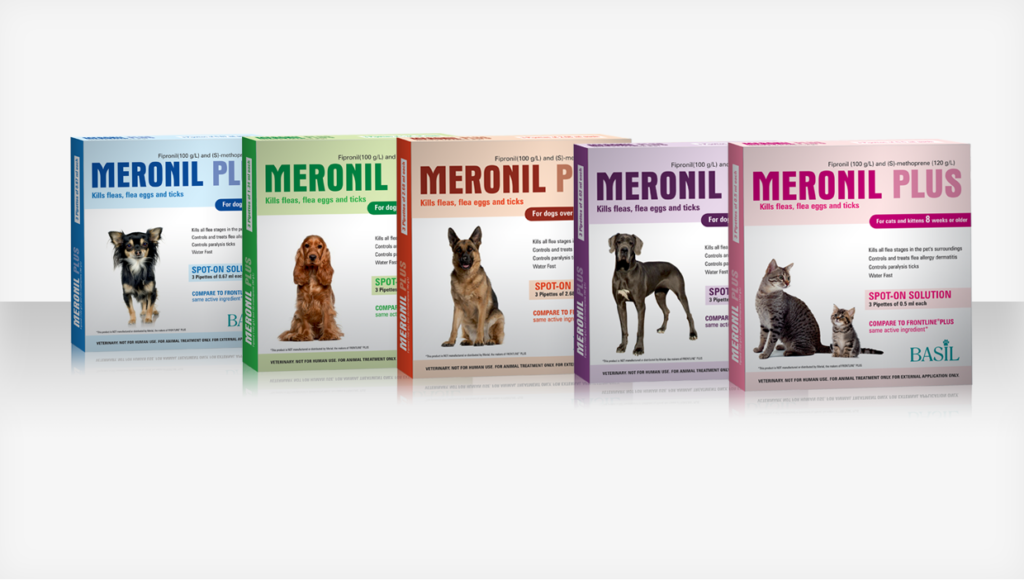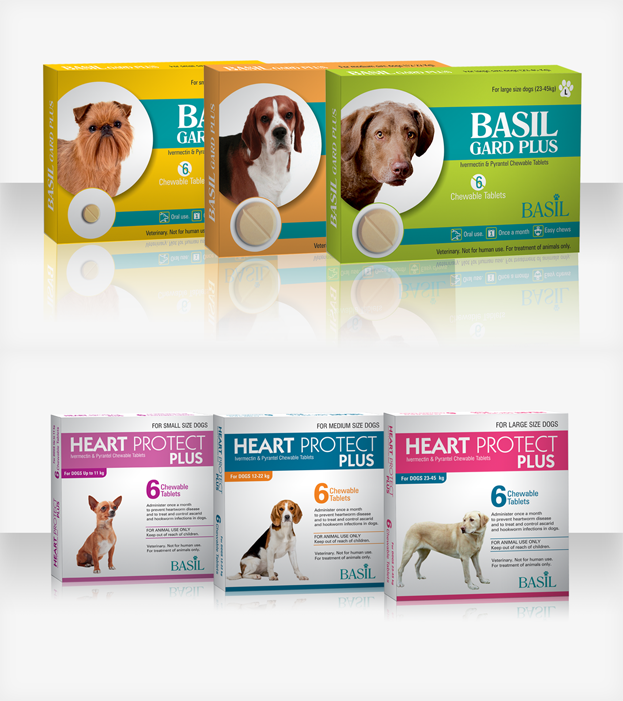Our Products
Fleas & Ticks – A Quick Overview
Fleas & ticks are infestations that feed on the blood of your beloved pets such as dogs & cats. They lay eggs in the fur of pets, trigger scratching of skin leaving pets irritated, frustrated, dull, and depressed, rejects even favorite foods, lives in isolation & much more.
Fleas & ticks suck blood, makes pet sick & out of energy, on the edge of other common ailments to hit them in absence of their weak immune & even gives rise to side-effects such as Lyme’s disease, Tapeworms & much more.

Fleas & ticks are the foremost cause of itchiness, also known as pruritis, skin irritation, & scratching in companion dogs. Fleas cause irritation just by crawling all over your pet’s body & skin. Once these parasites settle on their host, they quickly start having their blood meals.
Some pets have normal or mild reactions to parasite bites. However, some pets—especially older pets, puppies, & small breeds—can get severely anemic and seriously ill due to blood loss. They can also develop dog flea allergies.
Hypersensitivity reaction is one of the most common issues caused by parasites. Pets that are hypersensitive to fleas’ saliva can develop a horrible reaction from just first flea bite or by a few initial flea bites. Such pets become extremely itchy.
Often, the most affected areas are the thighs, rump, tail base, flanks, upper arms (under the arm pits), as well as tummy.
Fleas & ticks must be prevented at all costs & if occurred, treated with full force & in time if you want your pets to have a gala time with you for a longer duration.
Symptoms of Flea and Ticks
- Excessive licking
- Excessive scratching
- Biting
- Chewing
- Reddened skin
- Wounded or bloody affected area
- Rubbing
- Patchy areas due to fur hair loss
- Pus discharge—out of the skin sores caused due to secondary bacterial infections
- Tapeworm larvae on and around the pet’s anus as well as in its stool
- Tapeworm segments on and/or around the pet’s rear ends and in its stool
In addition to causing damages to pet’s skin, coat, & fur, fleas & ticks also carry and can transmit numerous potentially serious diseases. Fleas can carry Dipylidium caninum tapeworms.
Pets that by mistake ingest adult parasites, while licking or chewing, are at higher risk of getting infected by these tapeworms. If you have kids at your home, be more careful, as children can get tapeworm infections, too, if they get parasites into the mouths by any way.
Medications To Cure Fleas & Ticks
are products that help to hold the infestation and kill or eliminate the adult fleas, larvae and eggs on dogs. These are long-lasting products that kill almost 100% of the fleas within 24-48 hours.

Heartworms, Roundworms & Hookworms – A Quick Overview
Pets such as dogs & cats get affected from various ailments during their life span with some of the major issues being heart issues, obesity based diseases, liver problems, fleas & ticks, heartworms, roundworms, hookworms & more.
Of late, the instances of fleas & ticks along with the trio menace of heartworms, roundworms & hookworms have gone up & are making the life of pets such as dogs & cats a ‘living hell’.
Dogs get heartworms only by an infected mosquito bite & there’s no other way that they will get heartworms. But, as there are no sure shot ways to tell if a mosquito is infected, heartworm prevention becomes a must.
On the other hand, roundworms are the most common of the parasitic worms found inside a dog & almost all dogs are affected by them at some time in their lives, more at being a puppy.
As a dog parent, you should know that active worms leave bite sites & much to your surprise, those sites continuously to seep blood.
Causes Of Heartworms, Roundworms & Hookworms
Heartworm Causes
Caused by a parasitic worm called Dirofilaria Immitis & spread through the bite of an infected mosquito
Roundworm Causes
Roundworms are common parasites that dog get with puppies at the higher risk of getting sick & infected. A puppy may get it from his mother, she may pass on before he/she is born or while drinking her milk. Dogs/puppies may get roundworms even from the environment if he/she eats eggs of the roundworms.
Hookworms Causes
Dogs/puppies get hookworms from their mothers via the milk that they feed on. The infestations may also be caused by ingestion or skin’s larval penetration, found generally in contaminated water/environment.
Signs & Symptoms Of Heartworms, Roundworms & Hookworms
No visible symptoms as such
Heartworm Symptoms
- Occasional cough
- Intolerance to exercise
- In extreme cases- anemia & fainting
- Severe cases – right-sided chronic heart failure
Roundworm Symptoms
- Cough
- Shortness of breath
- Nausea
- Diarrhoea
- Abdominal pain
- Blood in the stool
- Fatigue
- Worm’s presence in the stool/vomit
- Weight loss
Hookworms Symptoms
- The pet looks unhealthy
- Poor appetite
- Pale nostrils, ears & lips
- Coughing if parasites enter lungs
- Dark & tarry stools
- Constipation
- Diarrhoea
- Sudden death if the dog is not taken care of & treated immediately
